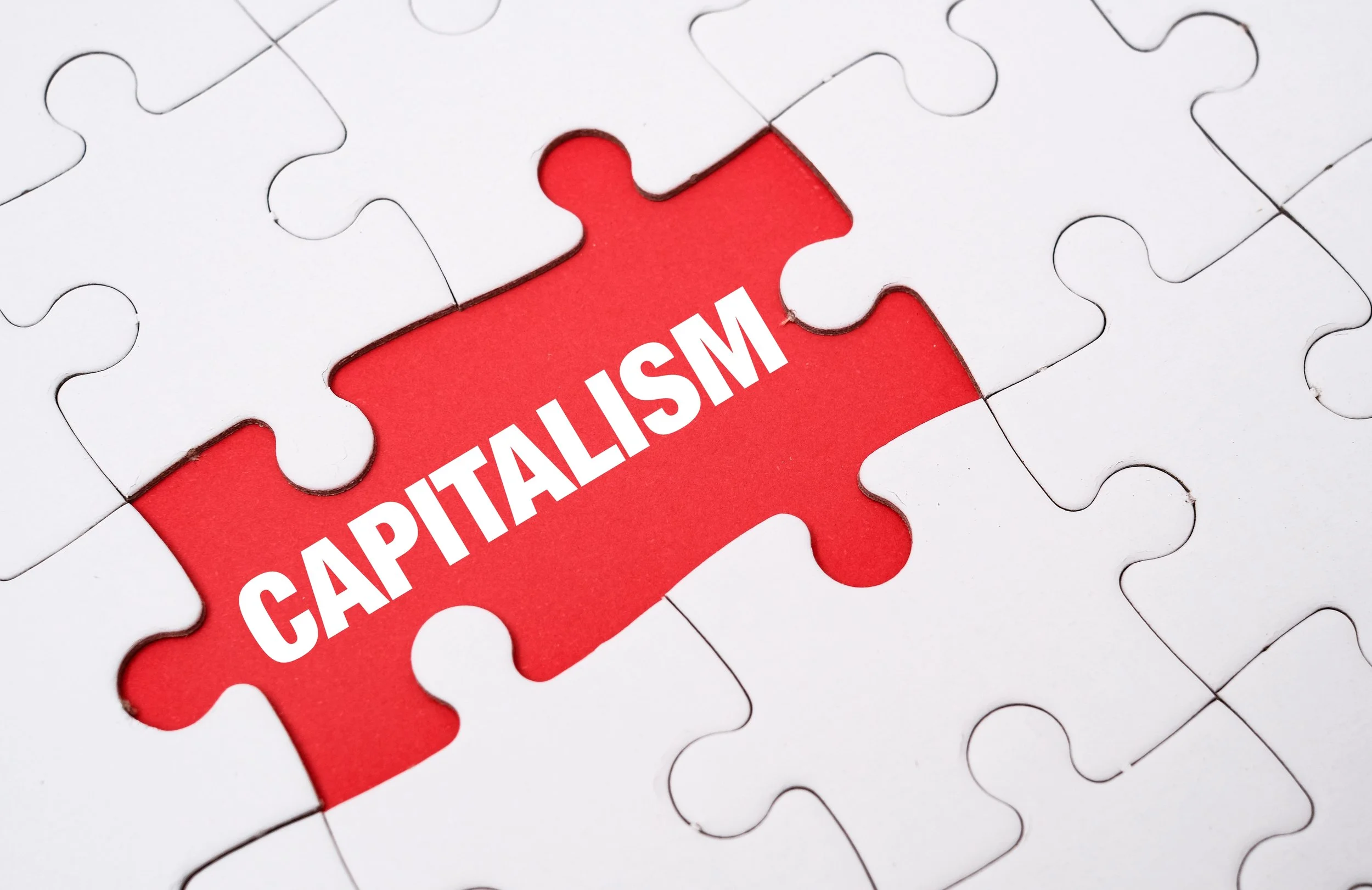Capitalism in the Age of Polarization
Recently, I had the privilege of welcoming many thoughtful leaders to Wake Forest to discuss "Capitalism in the Age of Polarization." A few people have asked me to share my comments on why I chose this theme, so I am sharing a slightly edited version. In a nutshell, polarization creates a landscape distracting businesses, whether public or private, employee-owned, non-profit, small, large, or otherwise, from their core mission of doing the right thing for employees, customers, and communities. The Center for the Study of Capitalism’s stakeholders believe it’s essential to provide a place where knowledgeable and experienced people can give voice to the space between the extremes of polarization.
Why Capitalism in the Age of Polarization?
As an anthropologist, I've explored the reasons behind cultural decline. Historically, many cultures faltered after bouts of elite discord and political stagnation. I don’t think a cultural collapse is imminent, but polarization will continue as long as we are surrounded by discord and gridlock.
Some of the most discordant voices express strong disillusionment with the liberal international order. This framework promotes privatization, fiscal discipline, trade, globalization, and democratic, open societies with some shared values about freedom. Why the negativity? Capitalism and democracy foster prosperity, health, and individual liberties; however, progress toward these ideals has been uneven, fueling discontent and resentment. That's one source of negativity.
Worldwide, democracy is in a recession. When societies close, free enterprise and trade diminish, options narrow, and people make less economic progress. A fixed-pie mentality sets in, and people start to look for scapegoats: immigrants, the affluent, and people with the “wrong” ideology. Eventually, the list will grow to include everyone. I once read a blog where an anthropologist argued that the domestication of plants and animals was the original sin of colonialization. As of 13,000 years ago, only hunter-gatherers can lay claim to virtue.
Some political scientists say that America has always been polarized; the modern twist is media amplification, magnifying the noise at the extremes. If so, the philosopher Plato's 2,500-year-old adage-- the empty vessel makes the loudest sound--still rings true.
Polarized voices are louder than moderating forces. What makes it worse is that our culture has also been on a rampage of risk elimination. In this way of thinking, something is wrong with a system that does not deliver absolute freedom without risk. From appropriating parental decision-making regarding their kid’s use of social media to attempting to eliminate the business cycle, attempts to control life’s uncertainty contribute to a mindset that it’s only possible to find joy in the upside of life and that there is nothing to be learned from experiencing the downside.
Most people in America, even most younger Americans, think democracy and capitalism are still the best options. Some don’t understand that a liberal international order is progressive because it secures freedom and justice for more people. It’s wrong to assume humanity will naturally evolve in this direction. Remember that Charles Darwin never defined evolution as progress; he only defined it as descent with modification.
The time I spent in Cuba, Laos, Mexico, Peru, Vietnam, China, and other countries struggling with freedom made it clear to me that I am lucky to live in the United States of America. Our trajectory has been remarkably progressive. Some of the disillusionment with the United States and its economic system has its roots in academia, particularly in the social sciences and humanities. Someone recently told me I must be the last anthropologist in America who thinks capitalism is the best economic system to meet the challenges of the future. I don't know if that's the case. Perhaps I am like the Dodo bird. To me, it’s important that business leader do not become the last of their kind and that a new generation uses the free enterprise system to solve problems and make the world a better place.
In an age where technology amplifies loud sounds from empty vessels, some Americans may be tempted to think a system other than capitalism is needed to address inequality and perceived injustice. Others may be seduced into thinking they can barter their democratic freedoms and free markets for a low-risk existence. Still others may be willing to sacrifice freedoms to control groups they perceive as threats.
This summit provides an opportunity to hear from many knowledgeable and experienced people who give voice to the space between the extremes of polarization. So, let’s listen carefully because these voices are hard to hear. Thank you in advance for being part of these quiet conversations.

